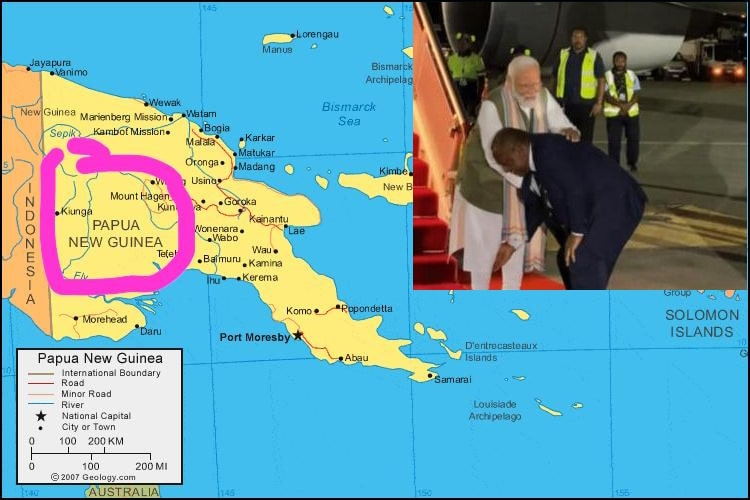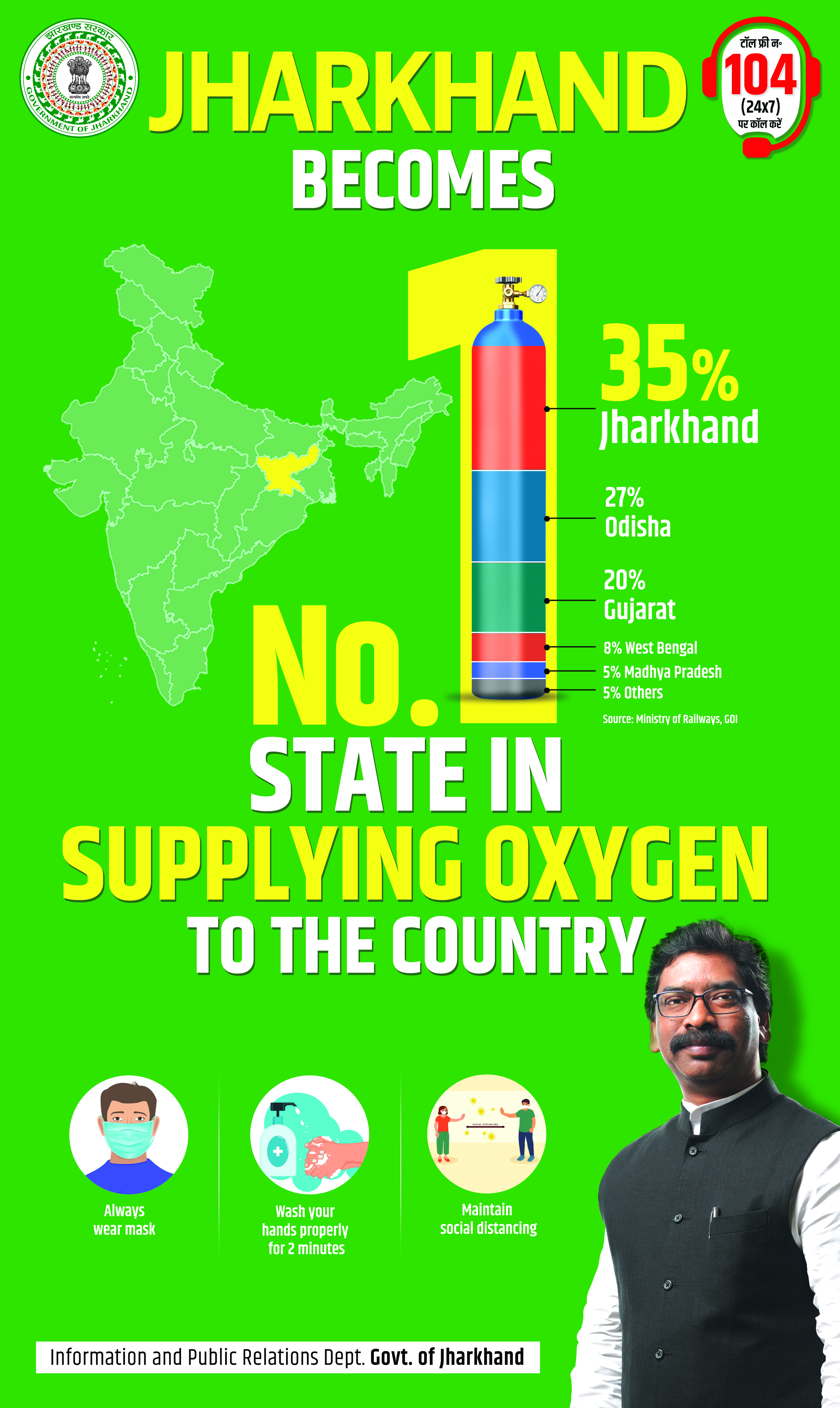
Still India’s outreach to the South Pacific has its own important strategic reasons.
The speeches given by Mr. Marape and Mr. Modi when analysed closely, the political and strategic dimensions hidden underneath the developmental co-operation become visible.
For instance, in his speech, Mr. Marape spoke of South Pacific nations being the victims of the global power play and calling India as the leader of the less-developed global South. He further affirmed that FIPIC would rally behind India’s leadership in the global forum.
It may be noted that China has been trying to don the mantle of the leadership of the Global South including in the South Pacific. India being called as the leader of the same from a group of fourteen countries must have come as a setback to China in the Region.
The above must have sounded very satisfying to India which is trying to emerge as the lone voice of the Global South which also helps it in the effort to achieve permanent membership in the Security Council of the United Nations.
Further, these small countries find themselves chafed by the global rivalry of America and China which they are too weak to counter by themselves. They want the same to be smothered by the increased presence and developmental role of India emerging as a new alternative.
Not Small Island States But Apt And Elevating ‘Large Ocean Nations’: India’s Perspective
These fourteen countries have been small and militarily weak. They did not have the necessary wherewithal to exploit their resources on land or within their expansive Exclusive Economic zones. They felt helpless and vulnerable. India may emerge as a relatively genuine helpful friend in the Region vis-à-vis the aggressive and exploitative style of China with its military intent.
However, India adheres to a new perception of these countries. Modi told them in the Summit that they were not small island nations as generally believed but ‘Large Ocean States’ because each nation has a cluster of several islands whereby it has a very expansive Exclusive Economic zone which can be exploited for minerals and oil & gas.
For example, a country like Palau has a population of only 18223 and a land area of 466 square kilometers. However, its Exclusive Economic Zone has an area of 600000 square kilometers which can be exploited for economic purposes. Other member island nations have similar geographical features.
With a close relationship, India looks forward to play an important role in the exploitation of ocean resources like oil & gas in addition to those on land.
When Mr. Modi spoke of a free, open, and inclusive Indo-Pacific with territorial integrity and sovereignty of the countries respected in the Region, the words sounded like the objectives of the QUAD (Quadrilateral Security Dialogue) to which India, Japan, Australia and America belong with the objective of countering the growing influence of China in the Pacific.
China’s Concerted Moves For Political And Military Superiority In The Region
China has developed its footprints in the South Pacific which used to be the traditional calm backyard of a smug Australia. The Regional countries being small and ensconced in a corner of the hitherto politically placid and rather naïve Pacific world were not very familiar with the complexity and deception of international diplomacy. As a result, they were slow to understand it.
China is now blamed for ‘weaponizing the economic vulnerabilities’ for strategic gains that include control of the vital Maritime Route of the Region and taking the military front closer to Australia and New Zealand, and in addition, garnering support for ‘One China Policy ‘over Taiwan. China seems to have succeeded substantially in its objectives by now with adversaries doing the ‘catch up ‘rather than forging ahead.
China’s avowed policy of South-South Co-operation now looks questionable. Hence, these countries turn to India and to whatever extent India helps, reduces their vulnerabilities to China and other Powers.
In the process, now the countries of the Region have started seeing through the strategic game and want to be away from it. Of the fourteen countries, only four have small military. They do not see one another as a military threat. Hence, they do not want to be caught in the whirlpool of international politics and Security Pacts which is not of their direct benefits but a dangerous price to pay for developmental support.
Against this backdrop, a country like India with developmental support but no military objective at least in the foreseeable future looks a favourable option.
India’s Role Is Very Important As A Developmental Option As Far As It Goes
Though India does not have the necessary naval wherewithal or even such vital strategic interest in the South Pacific Region so as to demonstrate its naval or military strength, still being a part of the QUAD as well as due to its own individual national interests as a growing economic and political power, it wants its presence felt in the Region. The route taken is developmental.
India with no matching interest in the Region or capacity, cannot eliminate dependence on China but can mitigate the same.
Today the geo-strategic considerations of the Indian and Pacific oceans are viewed jointly rather than separately as earlier. India has to view the matter similarly in light of the fact that it is expected to play a pivotal role, particularly in the Indian Ocean region in case any War ensues. As we know, the main theatre of the possible future war including a World War has shifted to the Indo -Pacific.
India’s efforts in the Region in a sense also complement the steps of the other members of the QUAD in countering China.
Thus, due to its economic, political, and strategic reasons India’s engagement with the South Pacific nations will intensify in the future. Particularly so due to the fact that the same is being heartily reciprocated by the latter as they do not see detrimental ‘strings’ attached to it.
The confidence emanates from a perception of India’s relative genuineness in providing increasingly substantial developmental help without a ‘debt trap’, no intent of dominance politically or militarily, and non-interference in their internal affairs!
(Concluded)
